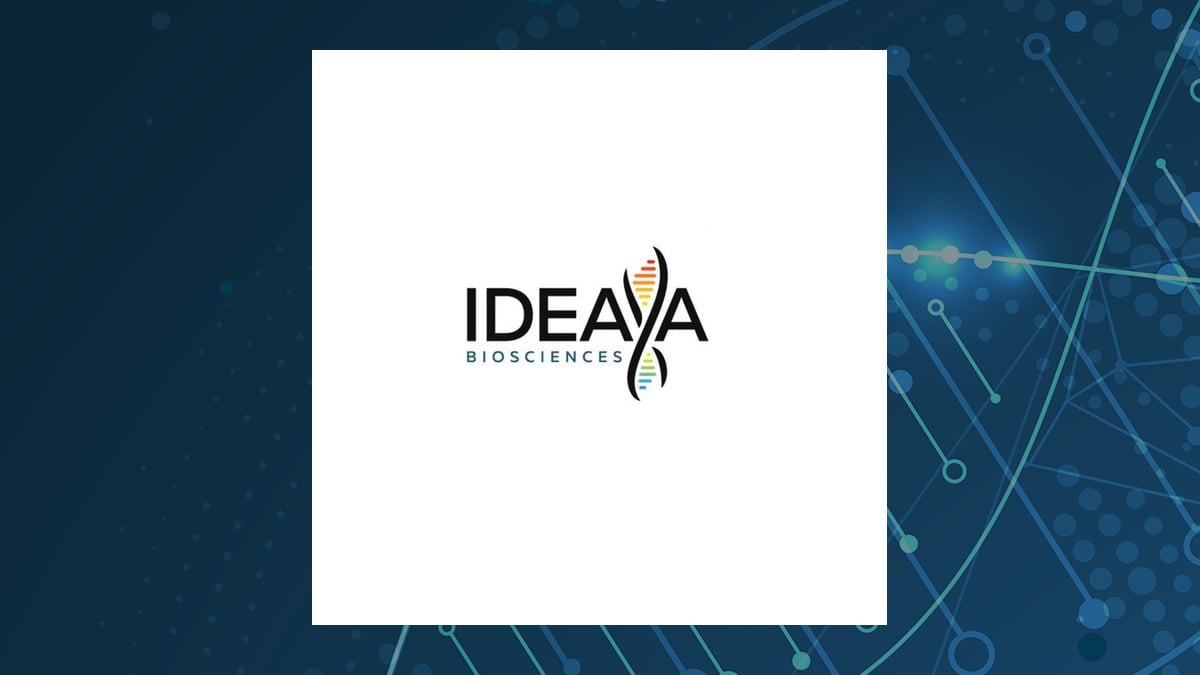
IDEAYA Biosciences, Inc. recently disclosed in an 8-K filing that the company has successfully entered into a License Agreement with Jiangsu Hengrui Pharmaceuticals Co., Ltd. (Hengrui Pharma) on December 27, 2024. This Agreement grants IDEAYA an exclusive worldwide license outside of Greater China for the development and commercialization of SHR-4849, a novel DLL3-targeting Topo-I-payload antibody drug conjugate.
According to the terms of the Agreement, IDEAYA will make various payments to Hengrui Pharma, totaling $1.045 billion. This includes an upfront fee of $75 million, potential payments of up to $200 million related to development and regulatory milestones, along with additional commercial success-based milestones. Hengrui Pharma is also set to receive mid-single to low-double-digit royalties on net sales outside of Greater China.
IDEAYA Biosciences also released a press statement on December 29, 2024, announcing this significant licensing agreement. The company expressed its excitement for the development of SHR-4849, highlighting its potential therapeutic benefits in treating Small Cell Lung Cancer (SCLC) and Neuroendocrine Tumors (NETs) due to its DLL3 targeting capabilities.
The press release further emphasized the strategic importance of SHR-4849 in complementing IDEAYA’s ongoing efforts in rational clinical combinations with its PARG inhibitor IDE161. SHR-4849’s early clinical signals have been promising, showing tumor regression in preclinical studies and initial positive responses in small cell lung cancer subjects during the Phase 1 clinical trial in China.
IDEAYA aims to submit an Investigational New Drug (IND) application for SHR-4849 in the United States in the first half of 2025. DLL3, the target of SHR-4849, is known to be highly expressed in various solid tumor types, providing a promising avenue for targeted therapy where existing medical needs remain unmet.
This overall agreement is a significant development for IDEAYA Biosciences, positioning the company to advance its precision medicine oncology programs and expand its therapeutic offerings in the global market.
Please note that the information provided herein is a summary of the agreement and is to be supplemented by the full details contained in the Agreement itself, to be filed as an exhibit to the Company’s Annual Report on Form 10-K for the fiscal year ending December 31, 2024.
Investor and Media Contact:
Andres Ruiz Briseno
SVP, Head of Finance and Investor Relations
[email protected]
This article was generated by an automated content engine and was reviewed by a human editor prior to publication. For additional information, read IDEAYA Biosciences’s 8K filing here.
About IDEAYA Biosciences
IDEAYA Biosciences, Inc, a synthetic lethality-focused precision medicine oncology company, discovers and develops targeted therapeutics for patient populations selected using molecular diagnostics in the United States. The company's products in development include IDE196, a protein kinase C inhibitor that is in Phase 2/3 clinical trials for genetically defined cancers having GNAQ or GNA11 gene mutations; IDE397, a methionine adenosyltransferase 2a inhibitor that is in Phase 1/2 clinical trials for patients with solid tumors having methylthioadenosine phosphorylase gene deletions, such as non-small cell lung, bladder, gastric, and esophageal cancers; IDE161, a poly ADP-ribose glycohydrolase inhibitor that is in Phase 1 clinical trial to treat tumors with homologous recombination deficiency (HRD), and other genetic or molecular signatures; GSK101, a Pol Theta Helicase inhibitor that is in Phase 1 clinical trial for the treatment of tumors with BRCA or other homologous recombination, and HRD mutations; and Werner Helicase inhibitors for tumors with high microsatellite instability.
Recommended Stories
- Five stocks we like better than IDEAYA Biosciences
- How to Invest in Blue Chip Stocks
- 3 Must-Hold Stocks with Double-Digit Upside for 2025
- Procter & Gamble (NYSE:PG) Pulls Back After Shaky Guidance
- Micron: Why Now Is the Time to Be Brave
- What is the Dogs of the Dow Strategy? Overview and Examples
- 3 Stocks That Wall Street Insiders Can’t Stop Buying
